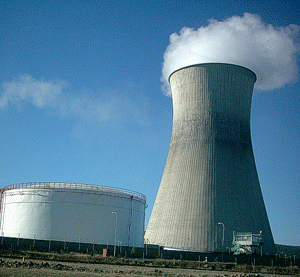 Nuclear energy has long been controversial, and even in today�s modern societies, not everyone is convinced of the safety of nuclear energy. Take Japan, for example, perhaps the most progressive country in terms of technology today. They have been working on a nuclear reactor for a long time, and it was even suspended for 14 years.
Nuclear energy has long been controversial, and even in today�s modern societies, not everyone is convinced of the safety of nuclear energy. Take Japan, for example, perhaps the most progressive country in terms of technology today. They have been working on a nuclear reactor for a long time, and it was even suspended for 14 years.
The nuclear reactor is considered a fast-breeder. Dubbed the Monju Prototype Fast Breeder Reactor, it has once again come under the spotlight. The news is that the nuclear reactor has reached the status of criticality. That is, the nuclear chain reaction is now self-sustaining. This was the first of many tests that the nuclear reactor has to undergo before it can become fully operational. The target date is 2013.
The Monju Prototype Fast Breeder Reactor has more than technical issues to face. When it was shut down, it was for a serious reason: a fire occurred in 1995, which was covered up � or at least a cover up was attempted. Naturally, when the news came out, it sparked an outrage among the people of Japan. From the looks of it, though, the nuclear reactor just might be back in the game.
Fast-breeder reactors are supposed to be more advantageous than regular light-water reactors. The former uses uranium and plutonium; more so, it produces more plutonium than it consumes. The danger, as many governments see it, is the amount of plutonium produced � plutonium that may be used to make weapons. Japan, however, is placing utmost importance on this technology and aims to produce fast-breeders commercially by 2050.